Taiwan: Dragon Boat Festival Ultimate Summer Extravaganza
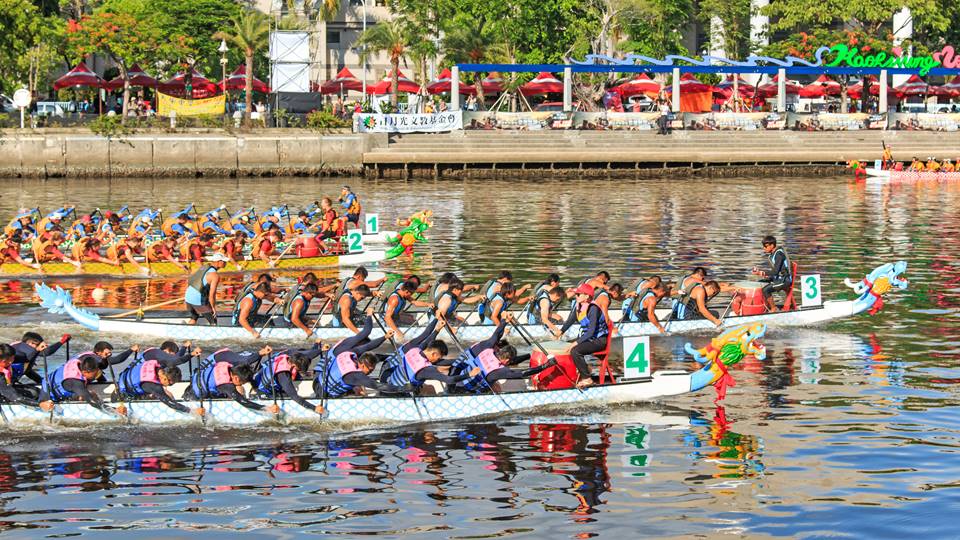
The Dragon Boat Festival in Taiwan is also known as Duanwu Festival. People enjoy this well-known traditional holiday every year in the fifth lunar month, on the fifth day. The festival has a rich history and cultural significance in Taiwan and other parts of Asia.
The Dragon Boat festival is over 2,000 years ago from the legend of Qu Yuan. According to legend, officials falsely accused Qu Yuan of treason, leading to his exile from the kingdom. In despair, he threw himself into a river to protest against the corruption in his government. The local people, who admired him greatly, raced their boats to save him and threw rice dumplings into the water to prevent fish from eating his body.
Over time, the festival has become a symbol of Chinese culture, particularly in Taiwan. The celebration is a way to honor Qu Yuan’s sacrifice and to promote traditional culture, loyalty, and patriotism. Colorful dragon boat races mark the festival. Each team of paddlers races traditional dragon boats down rivers or other bodies of water to the beat of drums.
The Dragon Boat Festival is not only a time for cultural celebration but also a time for friendly competition. The festival has become increasingly popular among tourists from all over the world, including the Philippines. For many years, teams from the Philippines have participated in dragon boat races in Taiwan and other parts of Asia. There are many dragon boat racing teams in the Philippines, and the sport is becoming increasingly popular among Filipinos.
Dragon Boat Festival Feels: Highlights
The Dragon Boat Festival in Taiwan celebrates history, culture, and community. It is a time for people to come together, have fun, and experience the rich cultural heritage of Taiwan. Here are the highlights for everyone to enjoy at the festival.
Dragon Boat Races:
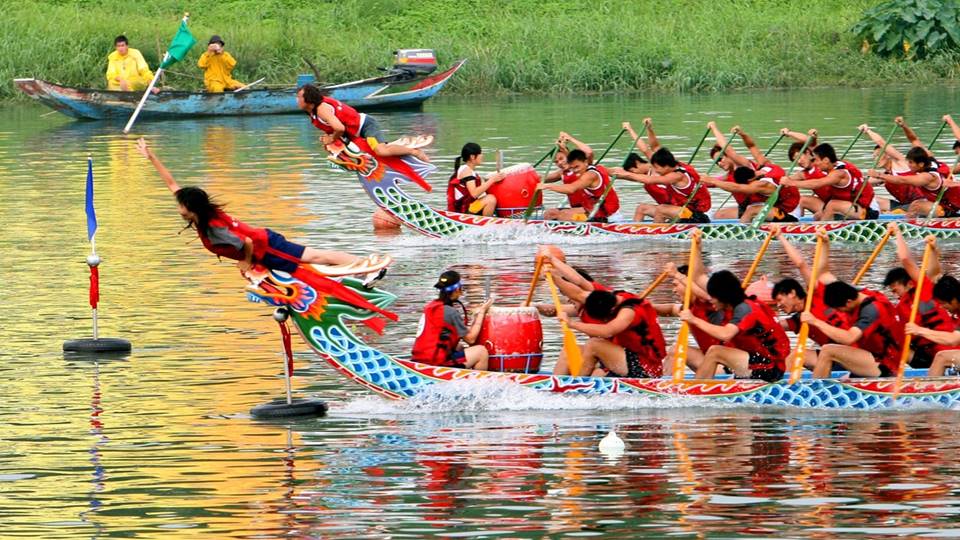
- The dragon boat races are the main highlight of the festival.
- Teams of paddlers race traditional dragon boats down rivers or other bodies of water to the beat of drums.
- The races showcase the paddlers’ strength, endurance, and teamwork in a thrilling spectacle.
Traditional Foods:
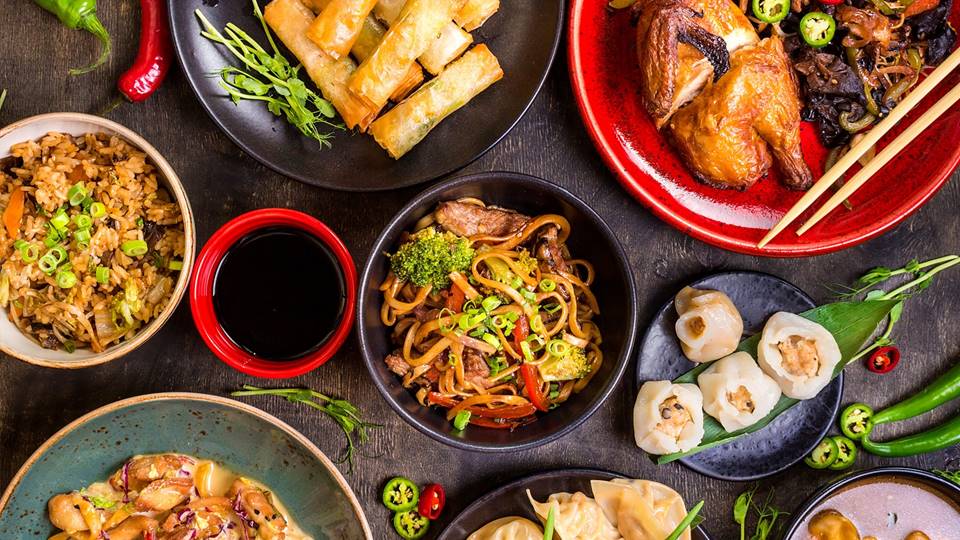
- Indulge in regional specialties like zongzi or sticky rice dumplings during the celebration.
- These dumplings are wrapped in bamboo leaves and filled with various ingredients, such as pork, mushrooms, and chestnuts.
- They are a delicious and filling snack that is perfect for the festival.
Cultural Performances:
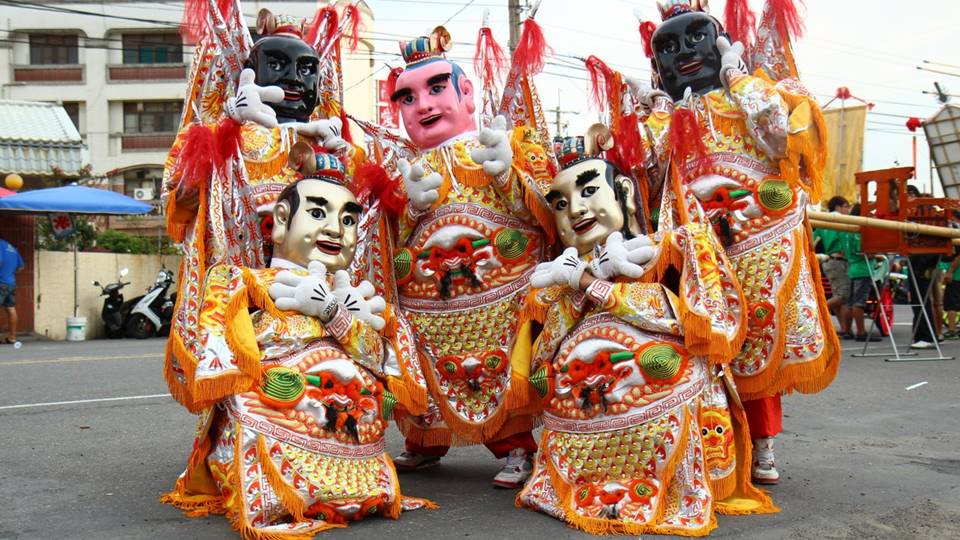
- The Dragon Boat Festival is also a time for cultural performances, such as lion dances and martial arts demonstrations.
- These performances showcase the rich cultural heritage of Taiwan and are a treat for visitors.
Festive Atmosphere:
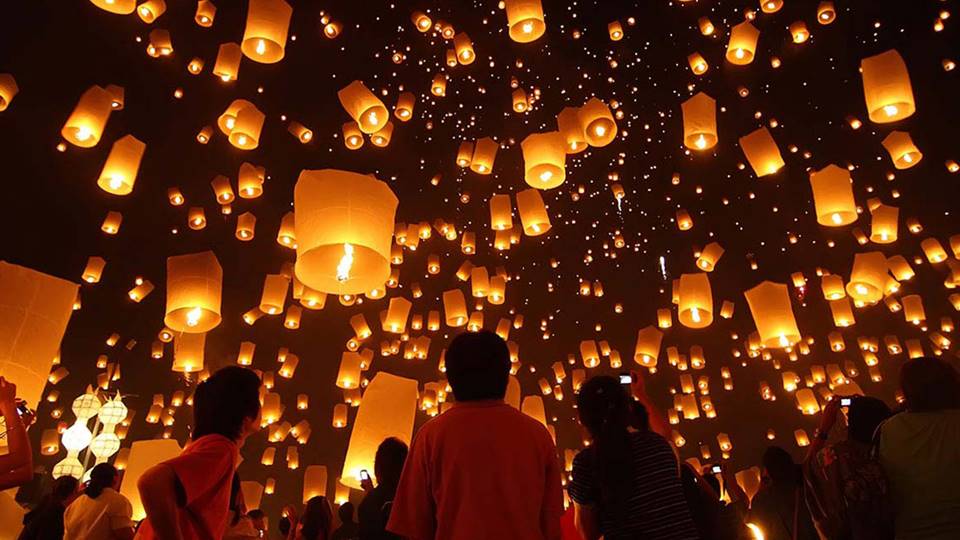
- The festival is a time for families and friends to gather, have fun, and enjoy the atmosphere.
- Colorful banners and lanterns decorate the streets and parks.
- There are various activities and games for people of all ages.
Traditional Crafts:
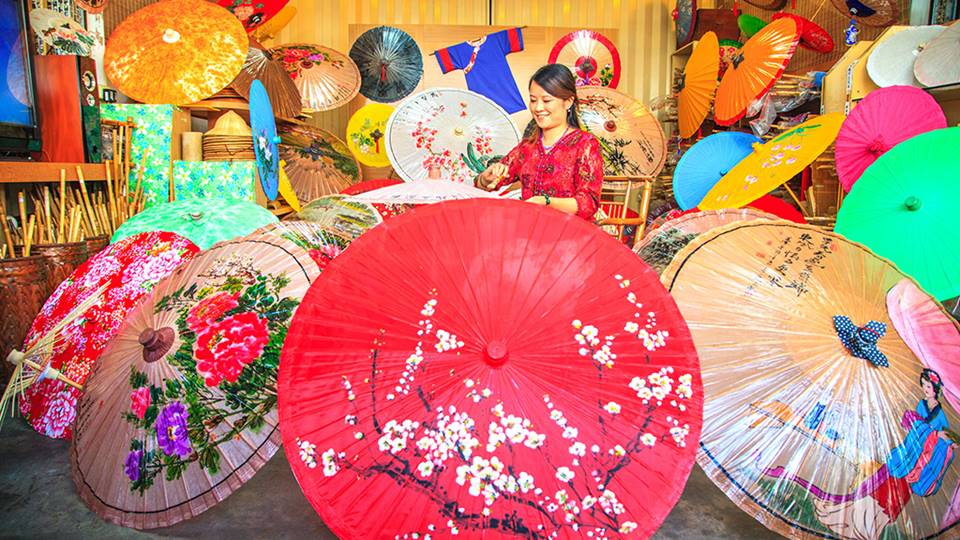
- Another festival benefit is learning ancient skills like weaving, ceramics, and calligraphy.
- There are many craft stalls and workshops where visitors can learn about these traditional skills.
Exploring Taiwan: The Best Tourist Spots to Visit
Taiwan is a beautiful island with a rich cultural heritage and breathtaking natural scenery. Here are some must-visit famous tourist spots in Taiwan:
Taipei 101:
Taipei 101 is a towering skyscraper and a feat of engineering and architecture. Traditional Asian pagodas served as inspiration for the building’s distinctive style.
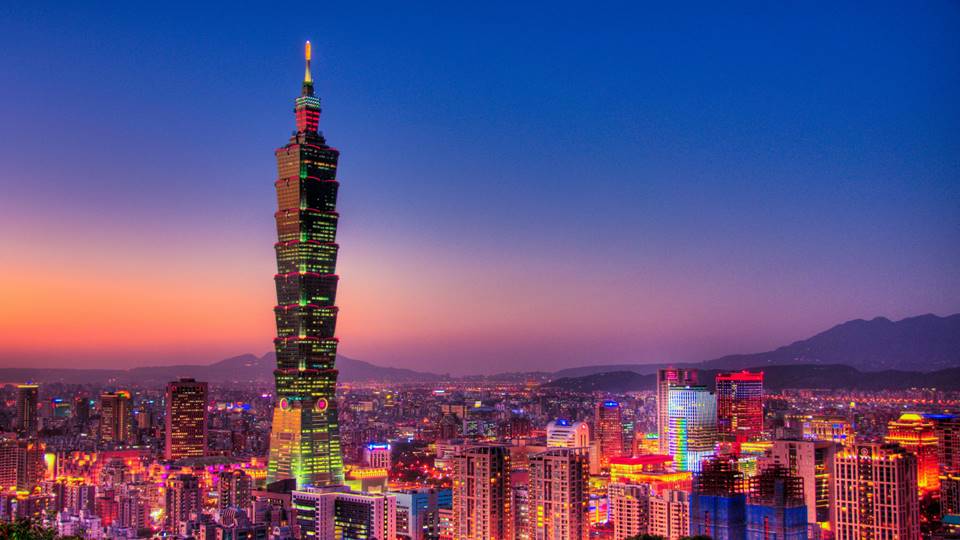
- Location: No. 7, Section 5, Xinyi Road, Xinyi District, Taipei City, Taiwan 110
- It features a massive damper, which helps stabilize the building during earthquakes and typhoons.
- Visitors can take a high-speed elevator up to the observation deck on the 89th floor for a stunning panoramic view of Taipei.
Taroko Gorge:
Taroko Gorge is one of Taiwan’s most famous natural attractions, and it’s easy to see why. The gorge is a masterpiece of nature, with towering marble cliffs, crystal-clear streams, and lush vegetation.
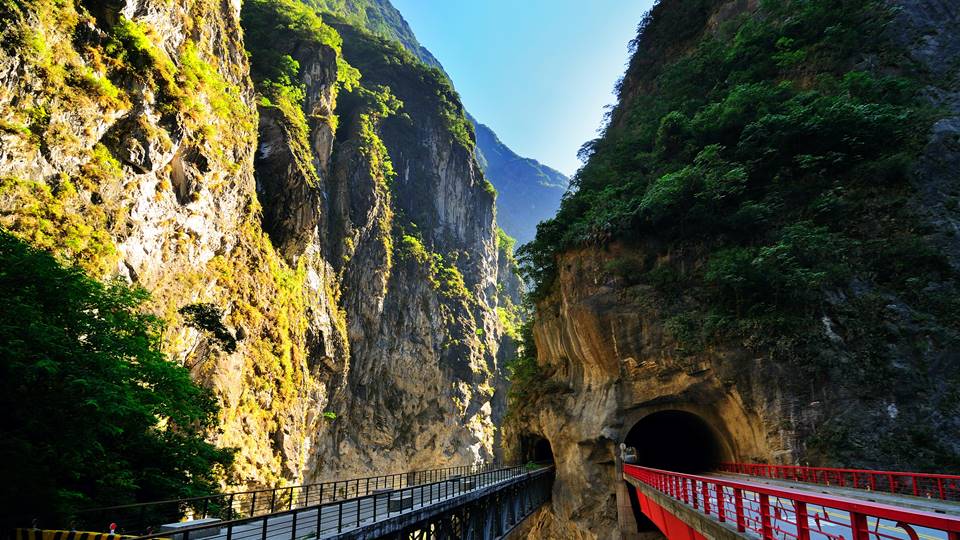
- Location: No. 291, Fushi Village, Xiulin Township, Hualien County, Taiwan 972
- Visitors can explore the park’s many hiking trails, admire the views from the many scenic overlooks, or soak in the natural hot springs.
Sun Moon Lake:
Sun Moon Lake is a tranquil and picturesque destination, surrounded by emerald green mountains and dotted with small islands.
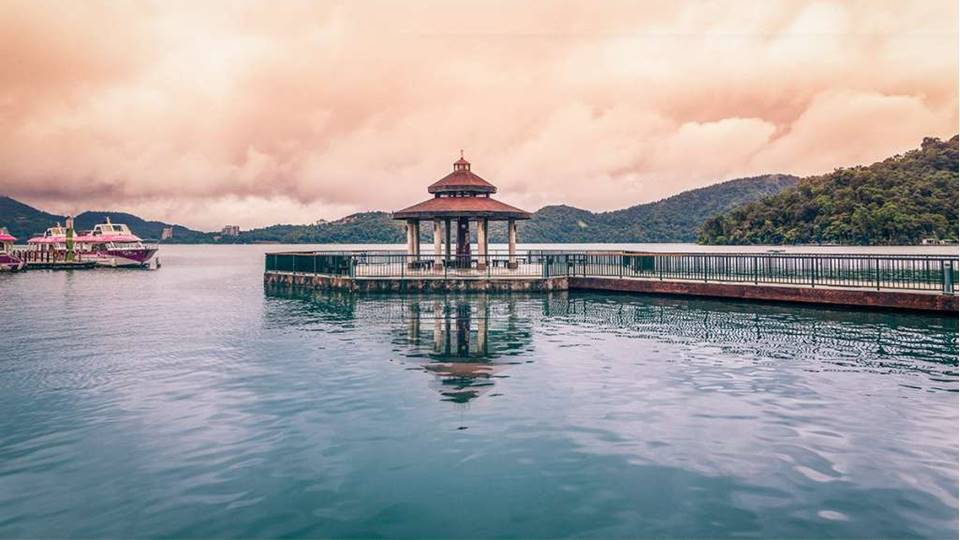
- Location: Yuchi Township, Nantou County, Taiwan 555
- Tourists can ride a leisurely boat on the lake, rent bicycles to tour the neighborhood, or go to the Formosan Aboriginal Cultural Village by cable car.
Kenting National Park:
Kenting National Park is a haven for nature lovers, with pristine beaches, coral reefs, and lush tropical forests.
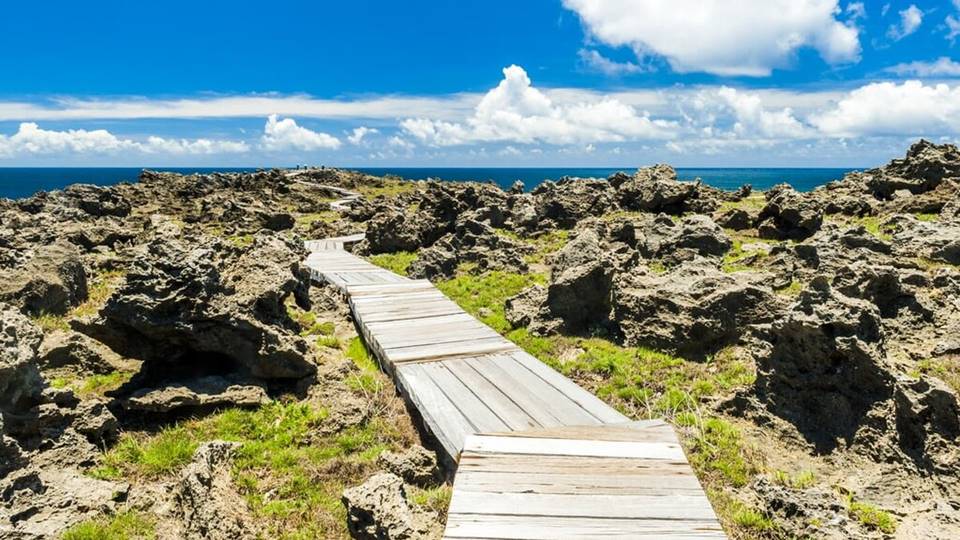
- Location: No. 36, Tonggang Road, Hengchun Township, Pingtung County, Taiwan 946
- Visitors can go snorkeling or diving to explore the park’s vibrant underwater world, hike through the many trails, or relax on one of the many beaches.
Jiufen:
Jiufen is a charming and historic village in the hills overlooking the sea.
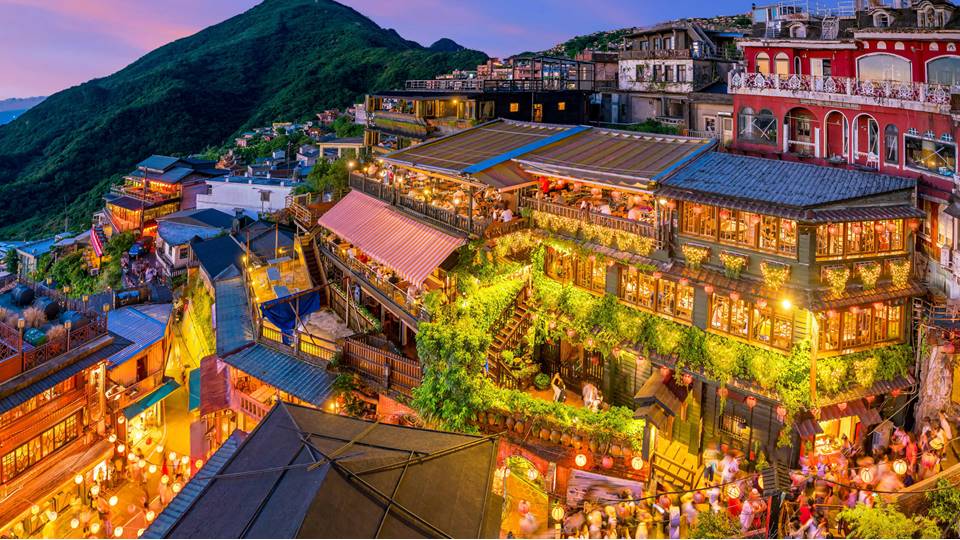
- Location: Jishan Street, Ruifang District, New Taipei City, Taiwan 224
- Street food vendors sell delicious snacks like fried taro balls and peanut ice cream.
National Palace Museum:
One of the largest and most comprehensive collections of Chinese art and artifacts is on display at the Museum in Taipei.
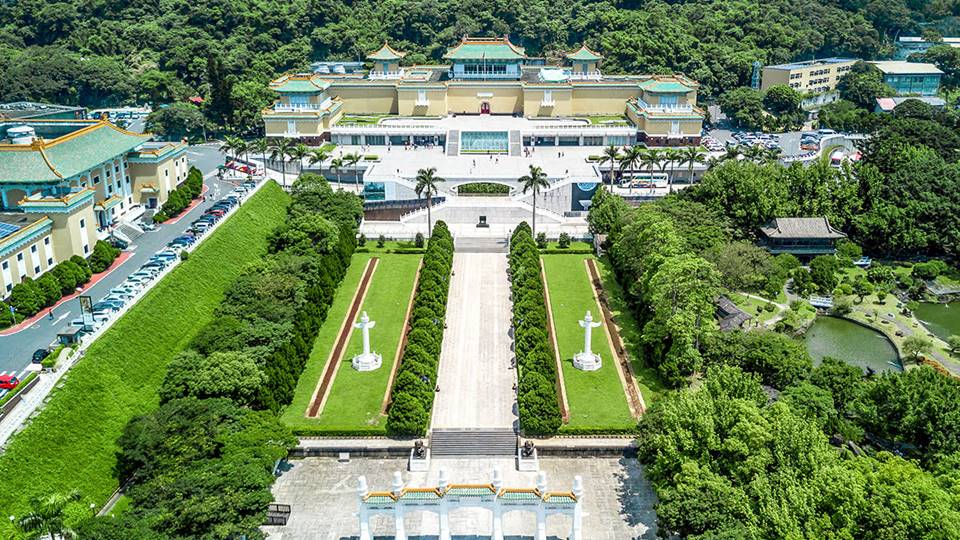
- Location: No. 221, Section 2, Zhishan Road, Shilin District, Taipei City, Taiwan 111
- The museum’s vast collection includes ancient jade carvings, Ming and Qing dynasty paintings, and priceless ceramics.
Taipei Zoo:
Taipei Zoo is one of Asia’s largest and most diverse zoos, with over 400 species.
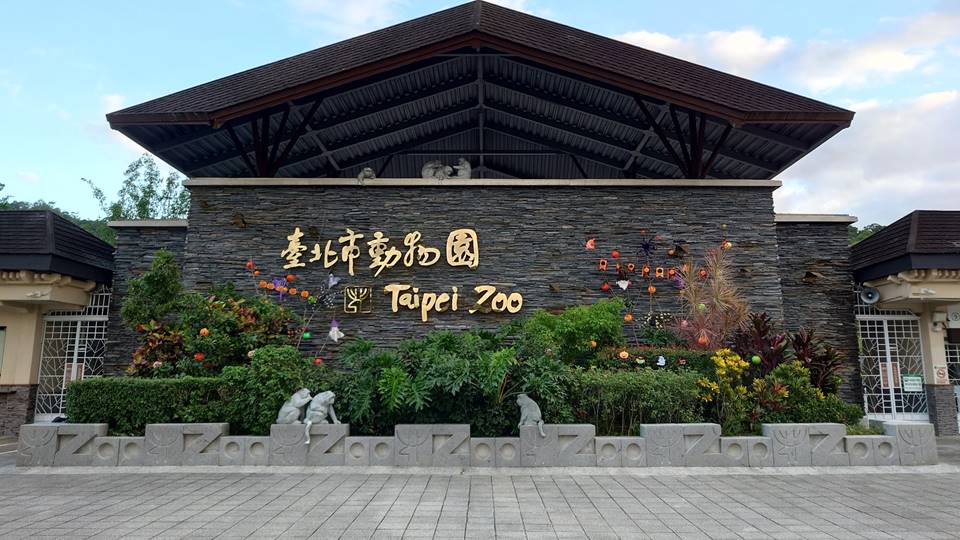
- Location: No. 30, Section 2, Xinguang Road, Wenshan District, Taipei City, Taiwan 116
- Visitors can see giant pandas, koalas, penguins, and many other exotic animals worldwide.
- The zoo also has an extensive conservation program to protect endangered species and their habitats.
The Best Hotels to Book in Taiwan
For visitors planning to attend this festival, choosing the right place to stay is essential for a memorable experience.
Here are some of the best hotels to book in Taiwan during the Duanwu Festival:
Mandarin Oriental Taipei:

Location: No. 158 Dunhua North Road, Songshan District, Taipei City, Taiwan. It is a luxurious five-star hotel that offers world-class amenities and service. The hotel features spacious rooms, an outdoor pool, a spa, and several dining options. It is also conveniently located near many of the festival’s main events.
Grand Hyatt Taipei:

Location: No. 2, Songshou Road, Xinyi District, Taipei City, Taiwan. Another five-star hotel in the heart of Taipei, the Grand Hyatt Taipei, offers luxurious accommodations and stunning city views. The hotel features several restaurants and bars, a fitness center, and a spa. It is also located near many of the festival’s main events, making it a convenient choice for visitors.
W Taipei:

Location: No. 10, Section 5, Zhongxiao East Road, Xinyi District, Taipei City, Taiwan. For those looking for a trendy and stylish hotel, the W Taipei is a great choice. The hotel offers chic and modern accommodations and several dining and entertainment options.
The Lalu Sun Moon Lake:
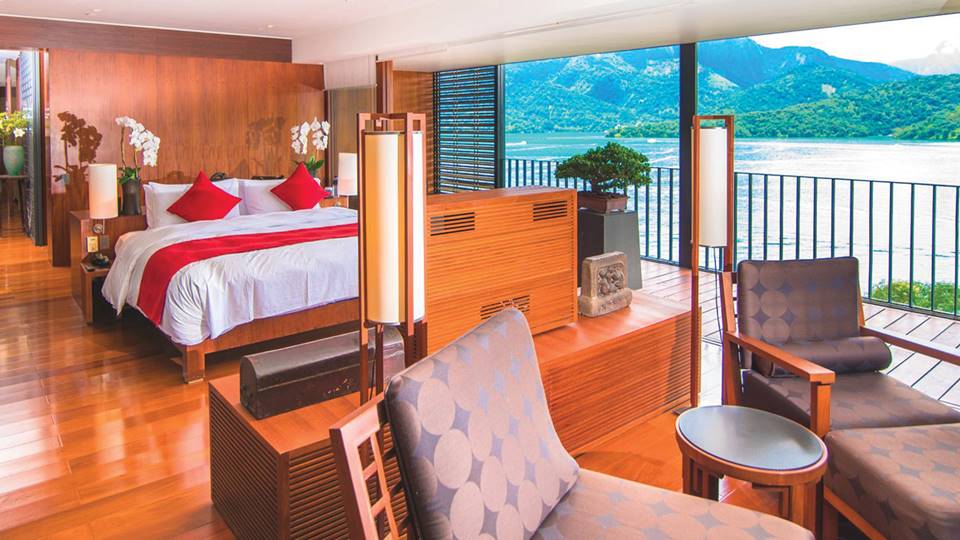
Location: No. 142, Jungshan Road, Yuchi Township, Nantou County, Taiwan. Lalu Sun Moon Lake is an excellent option if you’re seeking a place to escape the city. The hotel offers luxurious accommodations with stunning lake views. It also features a spa, dining options, and outdoor activities like hiking and cycling.
Silks Place Taroko:
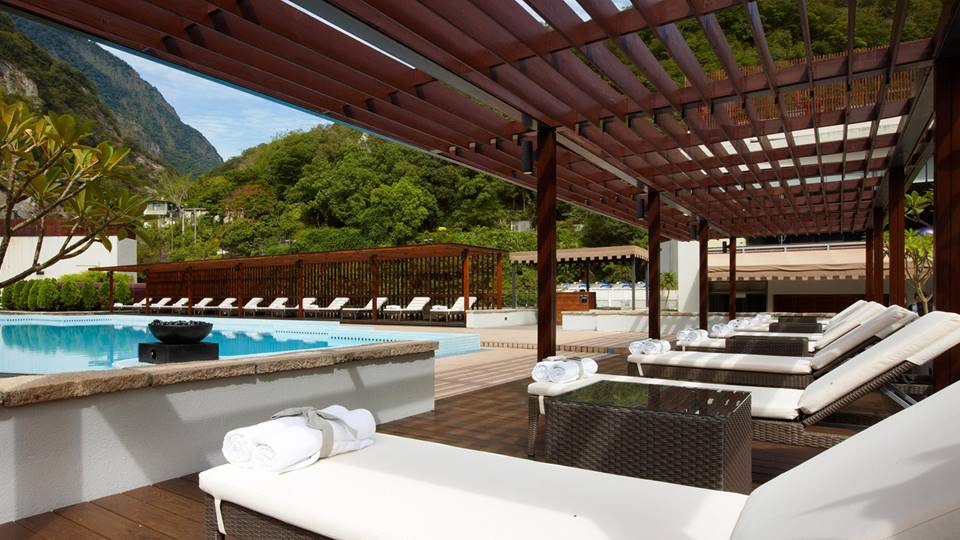
Location: No. 18, Tianxiang Road, Shoufeng Township, Hualien County, Taiwan. The Silks Place Taroko is a unique and luxurious hotel with stunning views of the park’s natural beauty. The hotel features spacious rooms, a spa, dining options, and outdoor activities like hiking and cycling.
The best hotels in Taiwan to reserve for the Duanwu Festival include many options. With so many great choices, visitors will find the perfect accommodations for their stay.
Taiwan in Full Swing: Best time to Visit
The best time to visit Taiwan depends on your preferences and itinerary. Taiwan has a subtropical climate with distinct seasons, and there are different advantages and disadvantages to visiting during each season.
Here’s a breakdown of the seasons in Taiwan and what to expect:
Spring (March to May):
- Spring is a great time to visit Taiwan as the weather is mild and pleasant.
- The temperatures are typically in the 20-25°C range (68-77°F), with less rainfall than in the summer months.
- Spring is also the season for Taiwan’s famous cherry blossoms, usually in late March or early April.
Summer (June to August):
- Taiwan’s summers can be hot and muggy, with frequent highs around 30 °C (86 °F).
- This season is the best time to visit Taiwan’s beaches and engage in outdoor pursuits like hiking and water sports.
- Just be prepared for occasional typhoons and heavy rainfall.
- Taiwan’s most important festival in this season is the Dragon Boat Festival.
Fall (September to November):
- Fall is another popular time to visit Taiwan, especially for those wishing to witness the Mid-Autumn Festival, usually in September or October.
- The weather is more relaxed and drier, making it ideal for exploring Taiwan’s scenic spots and cultural attractions.
Winter (December to February):
- Winter in Taiwan can be chilly, especially in the northern part of the country, where temperatures can drop to 10°C (50°F) or lower.
- It is the best time to visit Taiwan’s hot springs and indulge in the local cuisine, which is remarkably hearty and comforting during the colder months.
The best time to visit Taiwan depends on your interests and preferences. Spring and fall are generally the most pleasant times to visit, while summer and winter have unique attractions. Taiwan is a vibrant and fascinating destination that will leave a lasting impression regardless of when you go.
Transportation Options for Reaching Taiwan
Below are the detailed directions for getting to Taiwan from Manila:
First, book a flight from Manila to Taipei.
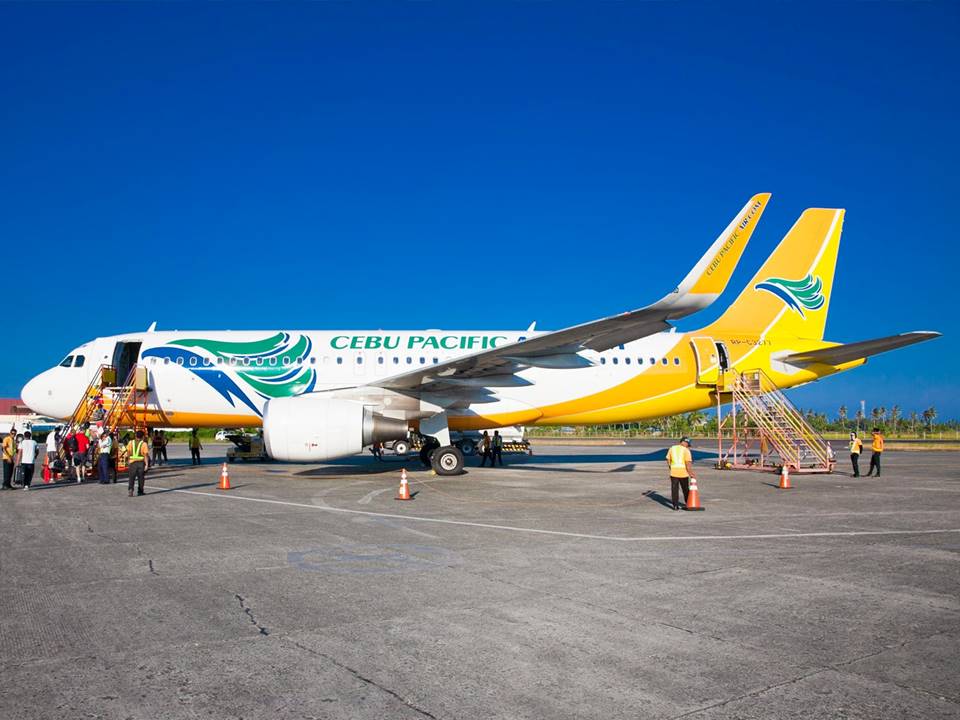
Several airlines operate direct flights from Manila to Taipei, including Philippine Airlines, China Airlines, and EVA Air. You can book your flight online or through a travel agent.
Check the visa requirements.
Citizens of the Philippines are eligible for visa-free entry to Taiwan for up to 14 days. After that, however, you must apply for a Travel Authorization Certificate (TAC) online before departure.
Head to the airport.
Arrive at the Ninoy Aquino International Airport at least 3 hours before departure. It will give you enough time to check in, pass through security, and board your flight.
Board your flight.
Once you arrive at the airport, proceed to the check-in counter and present your travel documents. You will receive your boarding pass, and you can proceed to the boarding gate.
Fly to Taiwan.
The flight from Manila to Taipei takes approximately 2-3 hours. During the flight, you can relax, watch movies, or catch up on some sleep.
Arrive in Taiwan.
Once you arrive in Taipei, proceed to immigration and present your passport and TAC.
Reminders:
Here are some do’s and don’ts to keep in mind when spending a vacation in Taiwan:
Do’s:
Respect the local culture and customs.
- Taiwan is a country with a rich history and culture, so it’s essential to be respectful of its customs and traditions.
- For example, taking off your shoes when entering someone’s home or temple, bowing when greeting elders or someone of higher status, and not touching people’s heads are all common customs in Taiwan.
Try the local food.
- Taiwanese cuisine is known for its diverse flavors and delicious street food.
- Try popular dishes like beef noodles, dumplings, bubble tea, and stinky tofu.
Explore the night markets.
- Night markets are popular in Taiwan, with various street food, souvenirs, and games.
- Some of Taiwan’s most famous night markets include Shilin Night Market in Taipei and Fengjia Night Market in Taichung.
Take public transportation.
- Taiwan has a convenient and efficient public transportation system, including MRT, buses, and high-speed rail.
- It’s also an eco-friendly way to explore the country.
Don’ts:
Don’t litter.
- Taiwan is known for its clean streets and beautiful natural scenery, so it’s essential to dispose of trash properly and keep the environment clean.
Avoid bargaining.
- Bargaining is common in some markets and shops, but it’s essential to be respectful and not bargain too aggressively.
- The prices in Taiwan are generally already reasonable, and bargaining too much may be unpleasant.
Don’t touch people without permission.
- Physical contact is only between close friends or family members in Taiwan.
- It’s necessary to ask for permission before hugging or touching someone, especially someone you just met.
By following these do’s and don’ts, you can have a pleasant vacation in Taiwan while respecting the local culture and customs.
Enjoy your stay in Taiwan! You’re now ready to explore the beautiful country of Taiwan and enjoy all it has to offer.

